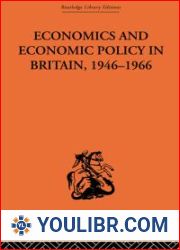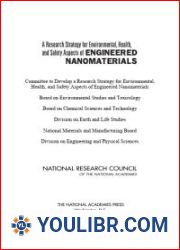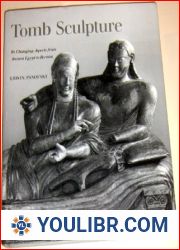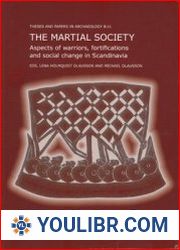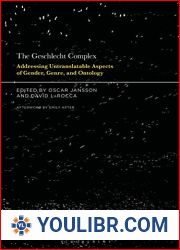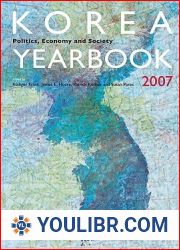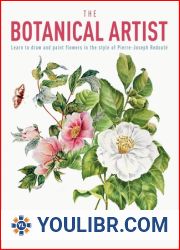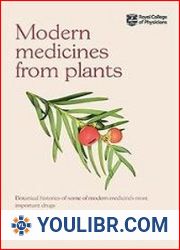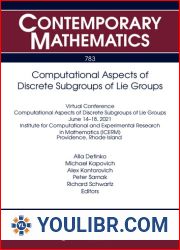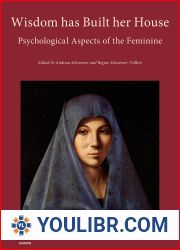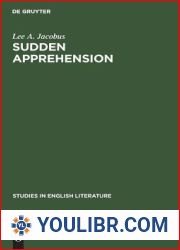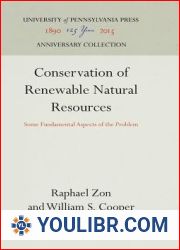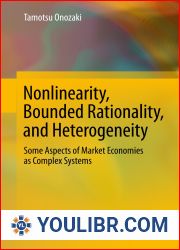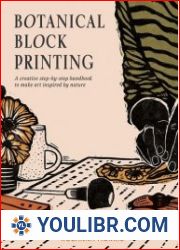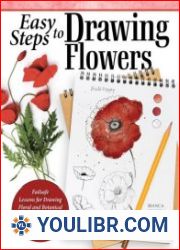
BOOKS - Botanical Aspects of Environment and Economy at Gordion, Turkey (University M...

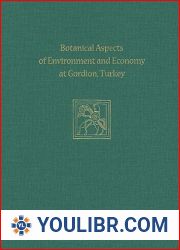
US $5.68

557887

557887
Botanical Aspects of Environment and Economy at Gordion, Turkey (University Museum Monograph)
Author: Naomi F. Miller
Year: November 19, 2010
Format: PDF
File size: PDF 4.7 MB
Language: English
Year: November 19, 2010
Format: PDF
File size: PDF 4.7 MB
Language: English
The archaeological site of Gordion is most famous as the home of the Phrygian king Midas and as the place where Alexander the Great cut the Gordian knot on his way to conquer Asia. Located in central Anatolia (present-day Turkey) near the confluence of the Porsuk and Sakarya rivers, Gordion also lies on historic trade routes between east and west as well as north to the Black Sea. Favorably situated for long-distance trade, Gordion's setting is marginal for agricultural cultivation but well suited to pastoral production. It is therefore not surprising that with the exception of a single Chalcolithic site, the earliest settlements in the region are fairly late - they date to the Early Bronze Age (late 3rd millennium B.C.). The earliest known levels of Gordion, too, date to the Early Bronze Age, and occupation of at least some part of the site was nearly continuous through at least Roman times (second half of the 1st century B.C.).This work is a contribution to both the archaeobotany of west Asia and the archaeology of the site of Gordion. The book's major concern is understanding long-term changes in the environment and in land use. An important finding, with implications for modern land management, is that the most sustainable use of this landscape involves mixed farming of dry-farmed cereals, summer-irrigated garden crops, and animal husbandry. The large number of samples from the 1988-89 seasons analyzed here make this a rich source for understanding other materials from the Gordion excavations and for comparison with other sites in west Asia.Content of this book's CD-ROM may be found online at this University Museum Monograph, 131







